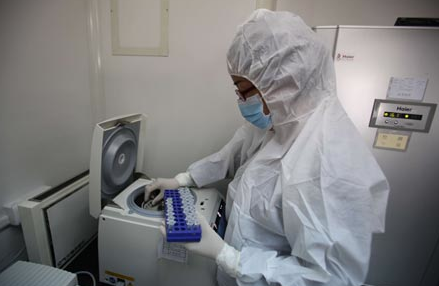UK SMC: As the number of human cases of avian flu continues to rise, China and its surrounding regions remain […]
Continue readingBlog
Peppers preventing Parkinson’s? – Experts respond
New research suggests that edible sources of nicotine may provide a protective effect against Parkinson’s disease. But independent experts are […]
Continue readingDoes irradiating tomatoes kill their nutrition value? – Expert responds
Media attention has this week focussed on irradiated Australian tomatoes and capsicums which could be imported into New Zealand from […]
Continue readingFighting rheumatic fever – experts respond
UPDATED: New funding to combat rheumatic fever announced today will provide for free drop-in clinics for sore throat testing and […]
Continue readingApplications now open for Science Media SAVVY in Wellington
The Science Media Centre is pleased to announce the much awaited Wellington media skills workshop for scientists, now accepting applications!
Continue readingNational Science Challenges hit the headlines
The Government’s announcement of the National Science Challenges, including an extra $73.5 million funding boost to the initiative, has been […]
Continue readingNational Science Challenges unveiled – Experts respond
UPDATED 11.00 AM, MAY 3: The Government this week announced the ten areas that have been selected for special focus […]
Continue readingNational Science Challenges – 10 areas of focus outlined
The Government has announced the National Science Challenges – 10 areas of focus over the next four years – $73.5 million in […]
Continue readingSuperbug infections low but increasing – ESR
A new study of the ‘superbug’ known as MRSA (methicillin-resistant Staphylococcus aureus), shows infection rates in New Zealand are increasing […]
Continue readingThe science of crime – panel discussion
You’ve seen CSI, now listen to the real experts talk about the science of crime and how it is communicated. […]
Continue reading